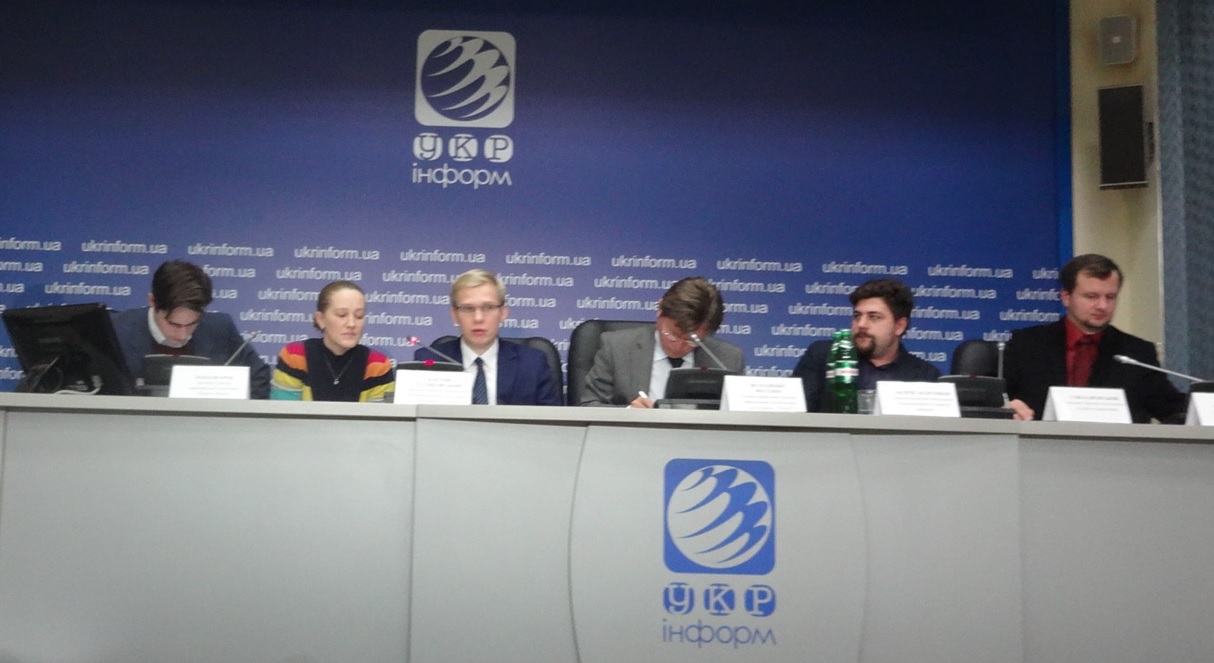Road of the Visegrad countries to the European Union: lessons for Ukraine
 It has been 23 years since the USSR’s collapse, yet Ukraine still have not implemented all the necessary reforms. Months of attempts to stop Russia’ incursions left Ukrainian economy in a deplorable state. Military expenditures, together with melting reserves, brought Ukraine to the edge of bankruptcy, and as forecasts show, the situation will most probably not get better any time soon. According to the IMF, Ukrainian GDP will shrink by 6.5% in 2014. The new government need to adopt reforms that would make way to privatization, de-monopolization and deregulation. In other words, it must liberalize Ukrainian economy.
It has been 23 years since the USSR’s collapse, yet Ukraine still have not implemented all the necessary reforms. Months of attempts to stop Russia’ incursions left Ukrainian economy in a deplorable state. Military expenditures, together with melting reserves, brought Ukraine to the edge of bankruptcy, and as forecasts show, the situation will most probably not get better any time soon. According to the IMF, Ukrainian GDP will shrink by 6.5% in 2014. The new government need to adopt reforms that would make way to privatization, de-monopolization and deregulation. In other words, it must liberalize Ukrainian economy.
“We need a plan of reforms similar to the so-called Balcerowicz plan” – could be heard more than once during panel discussions organized in Ukraine within the project ‘Road to the EU of the Visegrad countries: lessons for Ukraine’. During the project meeting experts from Poland, Czech Republic and Slovakia presented their countries’ post-Socialist transformation experiences, including the road to the European Union, and the current economic situation in their respective countries. The general view was that the benefits of joining the EU have outweighed costs incurred during the process. The project assumed the organization of 3 meetings, which took place between October and November 2014. During the seminars, heled in the Southeastern part of Ukraine, experts discussed the results of their research and shared them with the broader public.The final conference was organized on 24th of November in Kiev. During the meeting Václav Kříž (EUROPEUM Institute for European Policy, Czech Republic) gave examples of reforms in the field of free access to information, public services, and public procurement, and emphasized that the adoption of the EU law enhanced transparency of the Czech institutions. Grigorij Mesežnikov (Institute for Public Affairs, Slovakia), basing on the Slovakian experiences, discussed assumptions of and preconditions for decentralization reform in Ukraine. Bartosz Radzikowski (CASE, Poland) on his part focused on the economic aspects of transition and presented Polish way to success: for example the country’s export to the EU has tripled in the last 25 years, and its citizens’ living standards have significantly improved. Discussion that took place after the keynote speakers delivered their presentations was moderated by Maria Zolkina (DIF, Ukraine) an analyst from Democratic Initiatives Foundation.
Ukraine will not become a member of the EU any time soon. Nevertheless, the new government chosen in October elections, as well as Ukraine’s citizens – weary of Russia’s interventions – seem determined enough to implement necessary changes. Even more importantly, incumbents take into consideration experts’ opinions. That means a lot.
